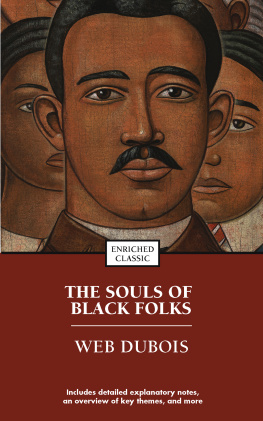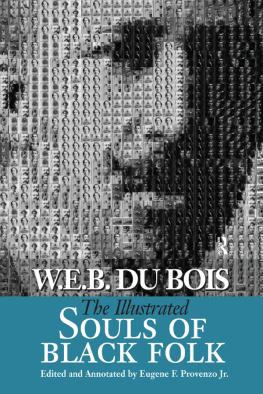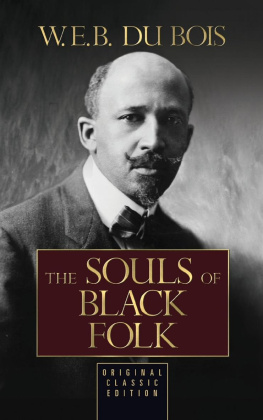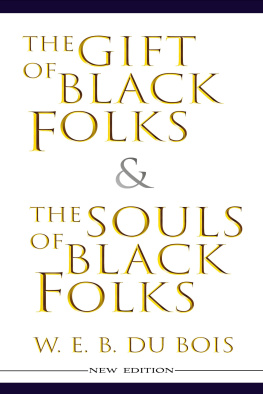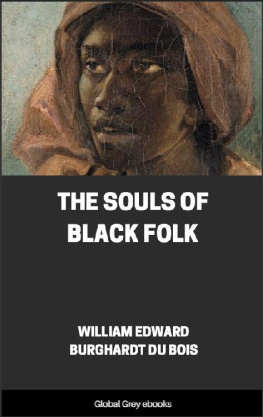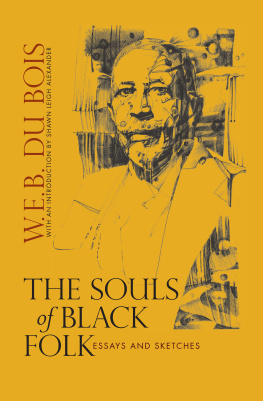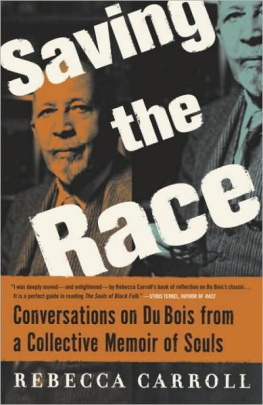Thank you for downloading this Simon & Schuster eBook.
Join our mailing list and get updates on new releases, deals, bonus content and other great books from Simon & Schuster.
C LICK H ERE T O S IGN U P
or visit us online to sign up at
eBookNews.SimonandSchuster.com
We hope you enjoyed reading this Simon & Schuster eBook.
Join our mailing list and get updates on new releases, deals, bonus content and other great books from Simon & Schuster.
C LICK H ERE T O S IGN U P
or visit us online to sign up at
eBookNews.SimonandSchuster.com

Simon & Schuster, Inc.
1230 Avenue of the Americas, New York, NY 10020
www.SimonandSchuster.com
Supplementary materials copyright 2005 by Simon & Schuster, Inc.
All rights reserved, including the right to reproduce this book or portions thereof in any form whatsoever.
For information address Simon & Schuster, 1230 Avenue of the Americas, New York, NY 10020
ISBN-13: 978-1-4165-0041-4
ISBN-10: 1-4165-0041-3
ISBN-13: 978-1-4391-1704-0 (eBook)
First Pocket Books printing August 2005
Simon & Schuster and colophon are registered trademarks of Simon & Schuster, Inc.
Cover illustration by Mark Burckhardt
C ONTENTS

I NTRODUCTION
The Souls of Black Folk: B EHIND THE C OLOR L INE

The Souls of Black Folk opens with the promise that something hidden away is about to be brought to light: Herein lie buried many strange things, author W. E. B. Du Bois tells us, which if read with patience may show the strange meaning of being black here at the dawning of the Twentieth Century. And then, as though he fears the promise of such an exotic secret will not be quite enough (or, given his predominantly white audience, perhaps a bit too much), the author tells us why we should care: This meaning is not without interest to you, Gentle Reader; for the problem of the Twentieth Century is the problem of the color line.
Du Boiss prediction was to ring tragically true through the twentieth century and into our own. Growing up in a rare enclave of black middle-class safety, Du Bois was able to achieve remarkable professional and educational heights. But he also witnessed the stunning betrayal of emancipations initial promise. He saw that despite his achievements, he was unable to protect himself and his family from racism. He also faced more of the mind-boggling difficulty of symbolizing, for the white intellectuals sympathetic to his cause, an entire race and their worried relation to it and its American history. Out of these conflicts, Du Bois fashioned his 1903 masterpiece, The Souls of Black Folk .
Souls explores the world behind the color line using every tool available to its author. Combining his original training as a sociologist with his stunning mastery of Western philosophy and literature and his deep respect for African-American literary and folk traditions, Du Bois wrote a series of sophisticated, lyrical essays on the meanings of emancipation and its aftermath. He sketched vivid pictures of history. He traced the rise of black leadershipmost famously in an essay opposing the accommodationist Booker T. Washingtonand called for bolder tactics. He chastised whites who wanted to forget the heavy toll that enslavement took on the spiritual, mental, and physical well-being of African-Americans. But he also called for black leaders to educate their people and to encourage them to pursue intellectual and artistic lives in addition to the vocational training that Washington, among others, preferred. He created parables to illustrate the dilemma of young men caught in the changing world. And he told deeply personal stories, recalling his innocence as a young man first going to teach in rural Tennessee (and allowing us to see the loss of his, and his studentss innocence), and mourning the death of his own firstborn son.
The Souls of Black Folk sold almost ten thousand copies during its first five years of publication, a number that may seem small by todays standards, but was remarkable at the time, all the more so because of the books complexity and subject matter. Many readers were enthusiastic. One critic asserted that The Souls of Black Folk should be read and studied by every person, white and black. A century later, The Souls of Black Folk not only stands at the headwaters of a rich legacy of African-American literary and scholarly work, it remains a rich portrait of a world divided and the powerful imagination required to envision a world beyond those divisions.
The Life and Work of W. E. B. Du Bois
William Edward Burghardt Du Bois (he pronounced his family name du Boyz) was born in 1868, in Great Barrington, Massachusetts, a city of approximately five thousand residents of which no more than fifty were African-American. From his account, Du Bois knew relatively little about his father, but enjoyed a warm and nurturing relationship with his mother and a number of relatives in the Great Barrington area. He did well in school and won a scholarship to attend Fisk University, a historically black college in Nashville, Tennessee.
He enrolled in Fisk in 1885, graduated in 1888, and went on to Harvard to study sociology. There, after earning a second bachelors degree and a masters degree, he became the first African-American to earn a Ph.D. from Harvard. In 1896 he published his doctoral dissertation as a book titled The Suppression of the African Slave-Trade to United States of America, 16381870 . It remains a standard work on Americas efforts to limit and suppress the trade in slaves between Africa and America. That same year, he married Nina Gomer.
From 1897 to 1910 Du Bois taught at Atlanta University, a historically black college that is now part of the Atlanta University Center. (Atlanta University merged with Clark College, another historically black college in the Atlanta University Center, in 1988 to create Clark Atlanta University.) During this period he published The Philadelphia Negro (1899) and The Souls of Black Folk (1903).
Du Bois was active in helping create organizations to empower African-Americans. In 1905 he helped organize the Niagara Movement, which renounced the accommodationist policies Booker T. Washington had set forth in his famed Atlanta Compromise speech ten years earlier. In the words of Du Bois, the Niagara Movement wanted full manhood suffrage and we want it now.... We are men! We want to be treated as men. And we shall win. This movement was a precursor to the National Association for the Advancement of Colored People (NAACP), which Du Bois helped to found in 1909.
From 1910 until 1934 Du Bois edited The Crisis Magazine for the NAACP. During this period Du Bois also organized a series of Pan-African Conferences. In 1934, Atlanta University president John Hope invited Du Bois back to the university to head the sociology department. Du Bois remained at Atlanta University until 1944, and during that period he published Black Reconstruction (1935), Black Folk Then and Now (1939), and Dusk of Dawn (1940). He also founded the scholarly journal Phylon (1940). Du Bois left Atlanta University in 1944.
From 1945 until his death in 1963, Du Bois was active in a variety of scholarly and political arenas. He wrote for the Chicago Defender , helped organize another Pan-African Conference, supported the 1956 Montgomery Bus Boycott, published The Ordeal of Mansart , and in 1958 was awarded an honorary doctorate from Humboldt University in East Berlin, Germany. His first wife died in 1950, and in 1951 he married Shirley Graham.
Next page
